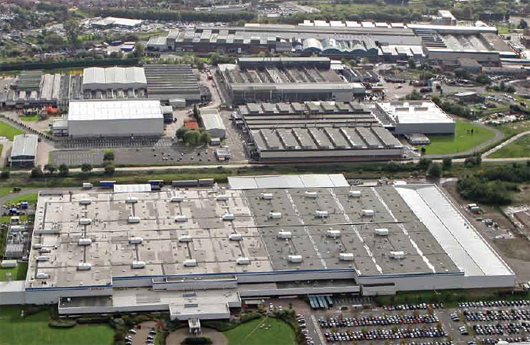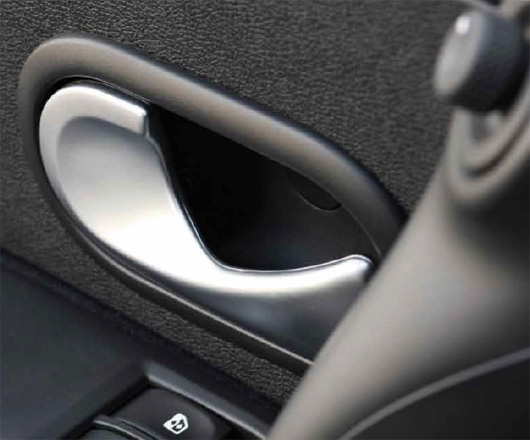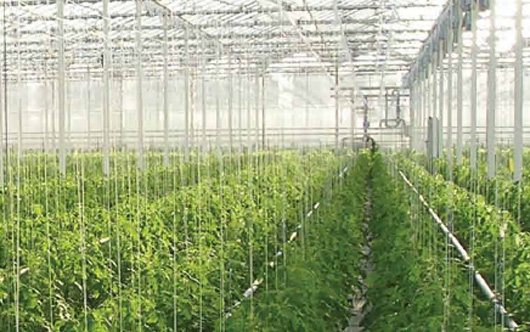Value from waste
| |
On this page:
| |
Denso | |
|
The following case study is paraphrased from National Industrial Symbiosis Programme's (NISP) Pathway to a low carbon sustainable economy (PDF). The ChallengeDENSO Manufacturing UK produces automotive air conditioning units and engine cooling systems for the automotive industry. Potassium Aluminium Fluoride was generated as hazardous waste by this manufacturing process, which was costing the company £30,000 per year to dispose of. The Solution
The NISP network brought DENSO together with Mil-Ver Metals, a producer of aluminium alloy at the forefront of aluminium recycling in Europe. Mil-Ver Metals now collects the 15 tonnes per year of hazardous material from Denso and reprocesses it to produce aluminium ingot, which is then sold on and used to manufacture high quality alloy wheels. The Results
External linksDENSO - Environmental and Social Report 2009/10 (PDF) NISP Network case study provided courtesy of International Synergies Limited. | |
Sekisui Alveo | |
|
The following case study is paraphrased from National Industrial Symbiosis Programme's (NISP) Pathway to a low carbon sustainable economy (PDF). The Challenge
Sekisui Alveo produces foam products for the automotive sector. Trim materials that had been through the cross-linking process could not be re-used so had to be compacted and land-filled. The SolutionThe NISP network brought Sekisui Alveo together with Globally Greener Solutions, who use the waste material to produce panels for houses. The ResultsGlobally Greener Solutions is now reprocessing up to 400 tonnes of plastic material that is sold into the market per year, while Sekisui is saving on disposal costs and improving its environmental performance and resource efficiency.
External linksSekisui Alveo website NISP Network case study provided courtesy of International Synergies Limited. | |
Terra Nitrogen (UK) | |
|
The following case study is paraphrased from National Industrial Symbiosis Programme's (NISP) Pathway to a low carbon sustainable economy (PDF). The ChallengeTerra Nitrogen (UK) manufacture ammonia, which generates 12,500 tonnes of carbon dioxide per year. The Solution
The NISP network brought Terra Nitrogen together with John Baarda Ltd, who grow tomatoes. The carbon dioxide generated by Terra Nitrogen is now pumped into a greenhouse where it boosts plant production by up to 50%. Steam from the Terra nitrogen site is also being used to heat the greenhouse. This ensures crop production is cost effective throughout the winter, which eliminates 'air miles' associated with importing tomatoes from Spain during the colder months. The Results
NISP Network case study provided courtesy of International Synergies Limited. | |
MBA polymers | |
The ChallengeTraditional plastics recycling produces low-value plastic, because damage to the molecular chain length compromises the material's performance. Therefore, high-value plastics used in durable consumer goods are typically produced from crude oil, with 0% recycled content. The Solution
MBA Polymers has spent 20 years refining its plastic recycling process, which enables it recover high-value plastic from consumer goods and produce a recycled plastic that is almost identical to the virgin equivalent. The Results
Source: MBA polymers press release. External links
VERSION 1.0 SDW 31/5/13 | |
Feedback
We would welcome your feedback on this page:



